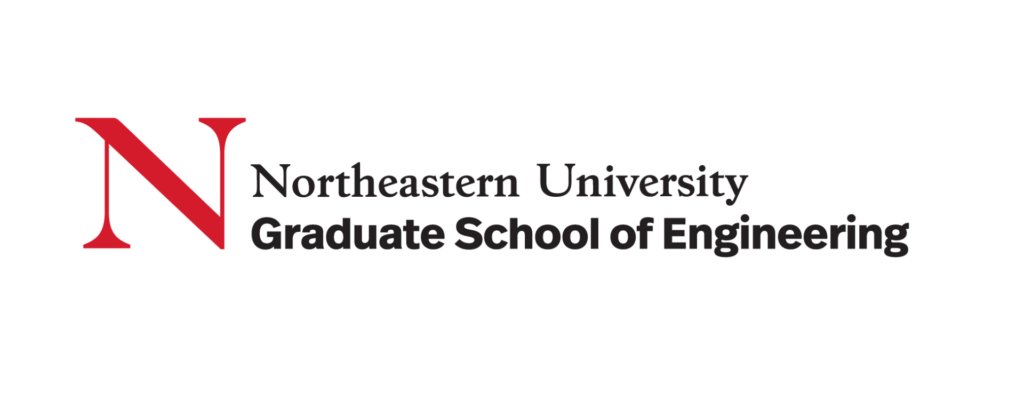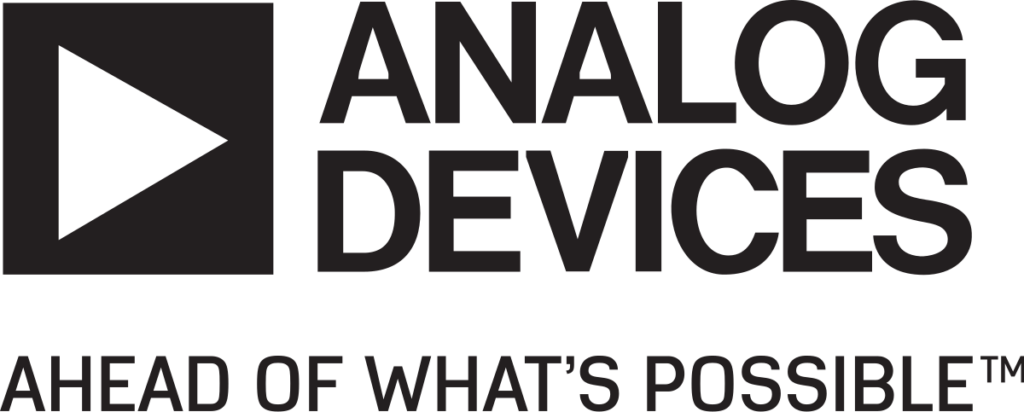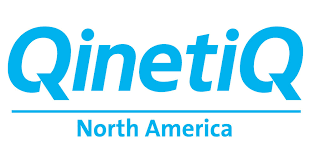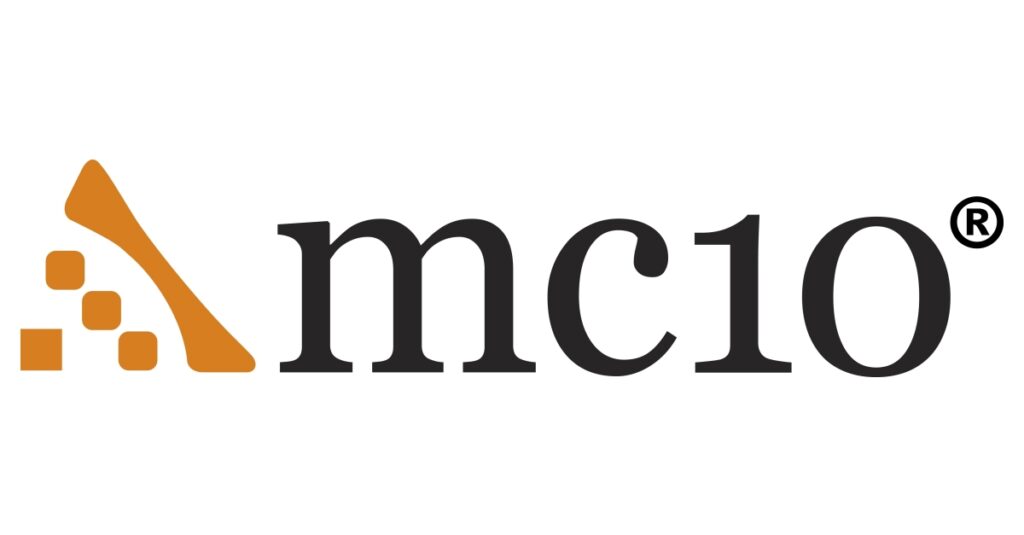The timeline story provided below presents a chronological progression of my academic and professional journey, with the most recent experiences listed at the top and the earliest ones at the bottom. If you have any questions at all, please do feel free to reach out to me via the Ask a Question or Contact Me pages. If you want to learn more, visit my LinkedIn page.
Throughout my academic journey at Northeastern University while working towards my MSEM degree, I gained a wealth of knowledge and invaluable insights that significantly impacted my perspective on business, program management, and quality. The coursework was a transformative experience, equipping me with the skills to navigate complex business challenges, streamline program operations, and ensure the highest standards of quality in every endeavor. This comprehensive educational degree not only enriched my understanding of these critical domains but also provided me with the tools to excel in real-world professional settings.
Around 5-6 years into my professional journey at ADI, a close friend who also happens to be a fellow Husky shared their incredibly positive experience with the Gordon Institute of Engineering Leadership (GIEL) at Northeastern University. This program, nestled within NEU’s College of Engineering (COE), bears the name of Bernard Gordon, a renowned figure celebrated for his contributions to medical technology and engineering. The GIEL was established to equip engineering students with the skills and insights necessary to excel as effective leaders in their respective fields.
My experience with the Graduate Certificate program in Engineering Leadership, which I undertook concurrently with my Master of Science in Engineering Management (MSEM) degree at NEU, has profoundly reshaped my outlook and the way I engage with the dynamic worlds of engineering and business.
Upon graduating from NEU with my Bachelor of Science in Electrical Engineering (BSEE), I had the incredible opportunity to join Analog Devices Inc. (ADI) as a Manufacturing Test Engineer. ADI is a prominent player in the semiconductor industry, celebrated for its expertise in designing and producing analog, mixed-signal, and digital signal processing (DSP) integrated circuits. These components find wide-ranging applications across industries such as automotive, industrial, healthcare, and consumer electronics. ADI boasts multiple manufacturing sites, including locations in Wilmington, Massachusetts, and Limerick, Ireland.
In my role as a front-end Manufacturing Test Engineer, I had the privilege of serving as a Trim and Test engineer within the front-end wafer-probe team. Over the course of six years, I accumulated a wealth of insight and hands-on experience in both back-end and front-end semiconductor manufacturing processes. My daily responsibilities centered around providing essential hardware and software support and maintenance for the trim-and-probe production test floor. However, my role extended far beyond this. Sustaining challenges of constructing and troubleshooting electronic test hardware and developing automated test equipment (ATE) test programs. These efforts were geared towards delivering Manufacturing Test Solutions for existing products, primarily focusing on Operational Amplifiers (Op-Amps) and Voltage References.
Additionally, to meet production demands and devise alternative production flows, I dedicated myself to crafting, debugging, and green-lighting ATE test programs and hardware equipment, which included platforms like CTS5010, CTS5040, LCT40, and National Instruments’ (NI) STS. This work involved becoming proficiency in a range of programming languages, including BASIC, C, C++, and LabView (yes, BASIC is still in use in some places). For every project I tackled, meticulous documentation of both the hardware and software code was a top priority. Each project concluded with comprehensive data presentations and well-documented reports.
Beyond the realm of hardware and programming, I expanded upon my personal interest in software by contributing to the creation of various webpages. Using HTML, PHP, and JavaScript, I developed webpages that played a pivotal role in gathering and displaying diverse manufacturing data and reporting.
My time as a Manufacturing Test Engineer at ADI was marked by continuous growth and learning, and I relished the opportunity to contribute to the company’s innovative endeavors while honing my skills in various engineering and programming disciplines.
I submitted my application and successfully transferred nearly all of my previously earned course credits, with the exception of the two elective Japanese courses, to Northeastern University’s (NEU) College of Engineering. This marked the beginning of my pursuit of a Bachelor of Science degree in Electrical Engineering. During my time at NEU, I dedicated two and a half years to a rigorous curriculum, immersing myself in a series of engineering courses. I also had the privilege of completing two six-month-long co-op experiences at MC10 and Qinetiq.
Becoming a Husky was a transformative journey that I had the good fortune of sharing with many friends and cherished family members.
In 2008, my educational path started at Bunker Hill Community College (BHCC), where I embarked on a pursuit of an Associate in Arts degree with a concentration in Physics, a foundational step preparing me for entry into Northeastern University. During my enriching tenure at BHCC, I owed a significant debt of gratitude to my brother, who played a pivotal role in helping me secure a position as a Computer Technician at the Center for Self-Directed Learning (CSDL) lab. The CSDL lab was designed to offer a flexible program that embraced guided self-study, catering to students comfortable with a non-traditional learning environment. Students had the freedom to navigate their coursework on their own terms, without the constraints of traditional class schedules. Furthermore, beyond its academic focus, CSDL also provided a computer lab accessible to all students.
As a Computer Technician, my responsibilities encompassed the meticulous maintenance and provision of technical support for a formidable fleet of over 100 computers and printers within the lab. This involved conducting routine biweekly assessments of both software and hardware, along with periodic software and system upgrades to ensure strict compliance with regulations and to guarantee seamless computer functionality.
Beyond the realm of technology, I dedicated myself to aiding, educating, and tutoring fellow students to the best of my abilities, particularly in navigating their self-directed courses and various computer-related subjects.
My tenure at BHCC’s CSDL spanned my entire academic journey at BHCC and continued into my subsequent educational pursuit at Northeastern University, totaling approximately five years.
During my second co-op as a Robotics Electrical Engineer, I had the privilege of working at QinetiQ North America — a company renowned for its specialization in delivering technology-driven services and solutions, with a particular focus on the defense, aerospace, and technology sectors. In this unique industry context, I gained invaluable insights into the comprehensive lifecycle of robotic product development, spanning the phases of conception, engineering, and production.
Among the stimulating experiences I encountered, I was actively involved in the critical tasks of validating, testing, and meticulously documenting PCB prototypes. My responsibilities extended to designing and meticulously debugging PCBs, crucial components that supported product testing and development. Additionally, I took on the distinctive challenge of crafting system and wiring diagrams, employing OrCAD and Altium, to facilitate the creation of cables essential for advanced robotic systems. Subsequently, I meticulously assembled these intricate electrical cabling and harness systems, ensuring they met stringent industry and military standards.
Established in 2008, MC10 is a startup specializing in wearable technology and flexible electronics, renowned for pioneering cutting-edge, conformal electronics designed for both body-worn applications as well as other diverse use cases. My good fortune led me to embark on my very first co-op journey as an Electrical Engineer with MC10. This unique experience not only broadened my horizons but also provided invaluable engineering exposure, equipping me with new skills and industrial knowledge crucial for success, all while extending my learning beyond the confines of the traditional classroom.
During my enriching 6-month co-op, I had the opportunity to delve into various aspects of engineering. This included learning NI’s LabVIEW and creating a user interface for utilization in R&D projects. I also developed LabVIEW programs to interface with a range of equipment, including Animatics SmartMotor, Mark-10 pressure gauge, and DAQ, facilitating both manual and automated testing procedures. In addition to these technical accomplishments, I honed my skills in drafting reports, documentation, and user manuals for these programs.
On the hardware side of things, I constructed, debugged, and provided support for test equipment used in R&D and functional tests for product development. I also took on the challenge of creating a schematic for a 2-layer PCB using Eagle CADSoft, did the board layout, and ultimately completed the assembly of ICs using reflow soldering technique.
These experiences, though they may appear rudimentary at this stage in my career, were exceptionally valuable learning opportunities that provided me with invaluable insights into the dynamic world of startups.








